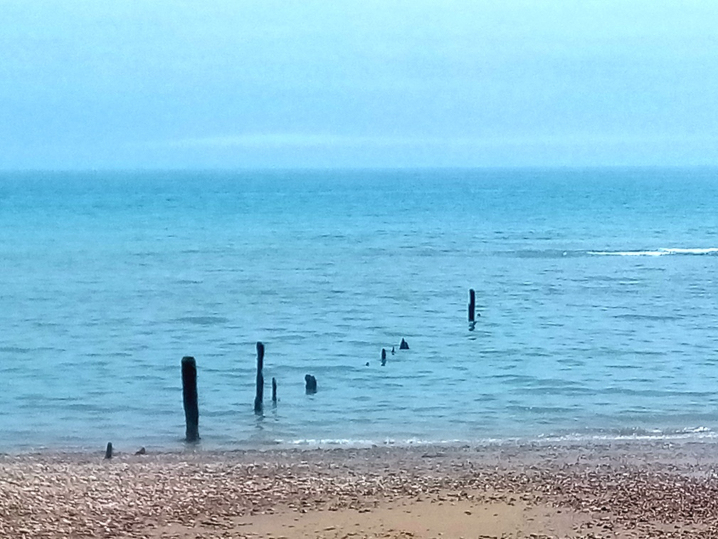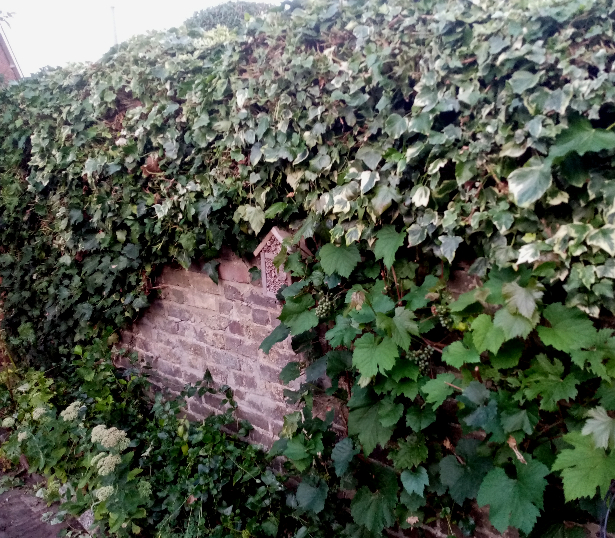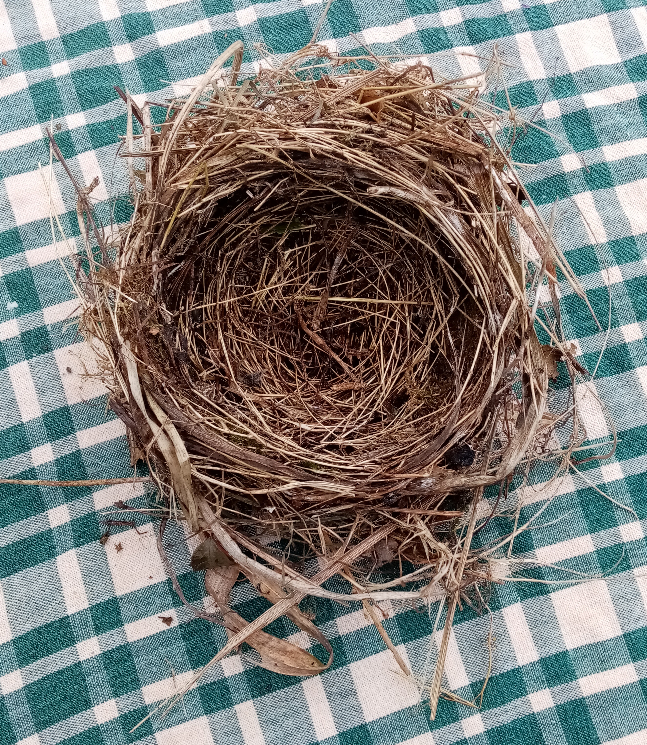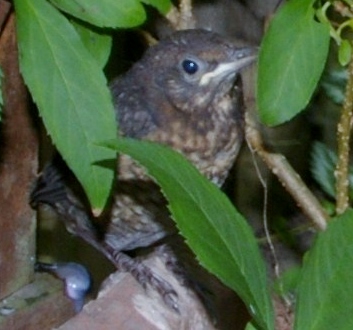18th Century scientist and clergyman Gilbert White included in his Natural History of Selborne a survey of the local area around his home village in Hampshire, a chalk and limestone area like Kent. Hampshire is on the South Downs, Kent on the North.
In Wolmer-forest I see but one sort of stone, called by the workmen sand, or forest-stone. This is generally of the colour of rusty iron, and might probably be worked as iron ore; is very hard and heavy, and of a firm, compact texture, and composed of a small roundish crystalline grit, cemented together by a brown, terrene, ferruginous matter; will not cut without difficulty, nor easily strike fire with steel.
Being often found in broad flat pieces, it makes good pavement for paths about houses, never becoming slippery in frost or rain; is excellent for dry walls, and is sometimes used in buildings. In many parts of that waste it lies scattered on the surface of the ground; but is dug on Weaver’s-down, a vast hill on the eastern verge of that forest, where the pits are shallow, and the stratum thin. This stone is imperishable.
From a notion of rendering their work the more elegant, and giving it a finish, masons chip this stone into small fragments about the size of the head of a large nail; and then stick the pieces into the wet mortar along the joints of their freestone walls: this embellishment carries an odd appearance, and has occasioned strangers sometimes to ask us pleasantly, ‘whether we fastened our walls together with tenpenny nails.’
“The Natural History of Selborne” by Gilbert White
This old wall in Kent is made of a quite different stone: flint, but it will be seen that Kentish builders, too, liked to fasten their walls together with tenpenny nails!












